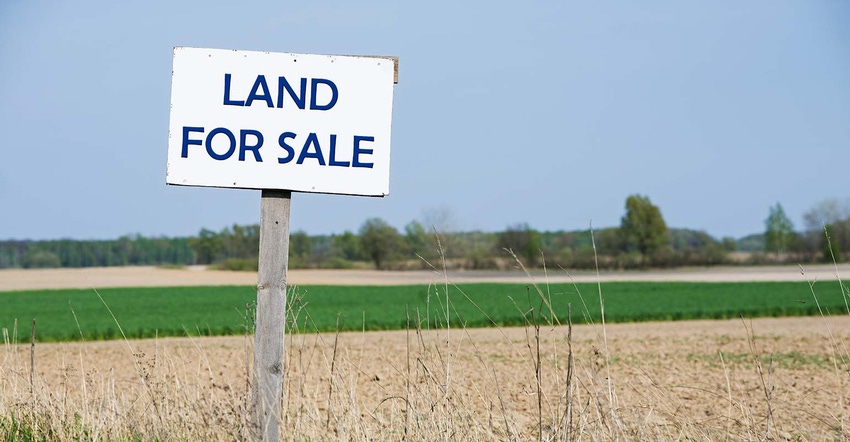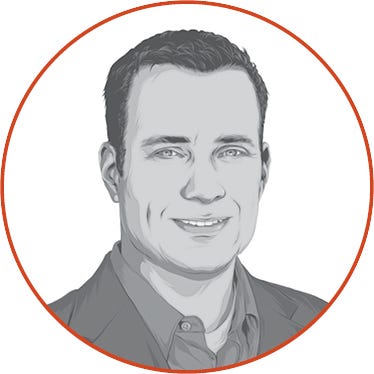
We’ve all heard the saying, “The cure for high prices is high prices.” This has been the case in commodity markets where farmers have historically responded to supply and demand cycles by producing more grain when called on to do so. However, this may be more difficult to apply to land prices since we cannot produce more land.
Six months ago I asked in the article Is the hot farmland market sustainable, which will run out first: acres, or buyers? There is no question the hot farmland market continues. Land buyers still seek more acres, even after a record amount of land was offered for sale late last year. Recent farms have sold across the Midwest with sales ranging from $15,000 to $20,000 per acre. One Iowa farm fetched a price of $21,000 per acre just last week.
Every farm publication seems to include an article about record-high land values. The Iowa Realtors Land Institute recently released its spring survey which reports Iowa farmland prices have increased 32.9% over the past year. The real estate agents who responded to this survey credit high commodity prices and yields to continued strong land prices. They project the market will continue with higher prices due to lack of supply. It seems undisputed that all farm professionals believe this bull market will continue and no one is predicting a drop in prices.
Cooling off?
This is when the contrarian in me would typically take a step back. In fact, some of the recent conversations I’ve had with farmers lead me to believe some in this group have already cooled off from buying land at these higher price levels.
Last year, it was estimated 65% of the farmland was purchased by farmers. Most of the farmland which was sold came down to two bidders to drive prices to the final drop of the gavel. What if one of these farmer bidders sits on their hands at the next auction? Will someone else step up as a willing bidder? Who represents the other 35% of land buyers?
The majority of the other 35% represent investors, institutional buyers, pension funds, and more reports of foreign buyers as well. Historically, those in this group have sought out farmland as an investment for its safe and stable returns and long-term appreciation in value. One might think this group may back off too, but now farmland is also sought out as an asset class to hedge against inflation or diversify from the stock market. What other factors could motivate this group of buyers?
Six months ago I also asked what “black swan” events could impact our industry? Perhaps one of these has already occurred with the war in Ukraine. The potential for a global food shortage seems real. And, there’s another old saying in play: “Farmland, they’re not making any more of it.” In fact, we’re losing productive lands every day due to commercial development and urban sprawl.
The demand for the products produced from our lands is already strong to provide the food, fuel and fiber needed to supply the needs of our world population. Can advancements in technology keep pace with this growing demand? What about increased volatility in weather patterns?
The last 50 years prove that agriculture is a cyclical business. But, could all of this represent a perfect storm of ingredients to cause a paradigm shift in the farmland market? Certainly, if a global food shortage occurs the demand to buy farmland could intensify even further and attract even more buyers. Farmer-buyers typically rely on the income from their farm operations to supplement buying land. Investors and institutional buyers can pool together and use other people’s money to buy land too.
As producers, we need to prepare for a future in farming that may look a lot different than the generations who farmed before us. One day, producers may represent the small majority who buy farmland. It is estimated by some 80% of rented farmland could be owned and controlled by those who don’t farm and operate it themselves. Farming will truly become a business and landlord and tenant relationships may become the most important aspect of your operation.
Downey has been helping farmers and landowners for the last 22 years with their family farm transition, estate planning, leasing strategies, finances, and general land consultation. He is the co-owner of Next Gen Ag Advocates and an associate of Farm Financial Strategies. Reach Mike at [email protected].
About the Author(s)
You May Also Like






